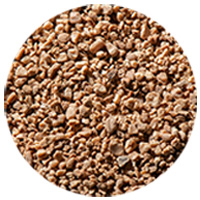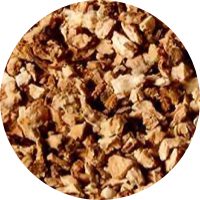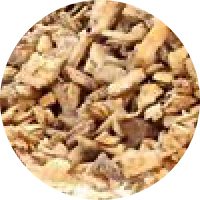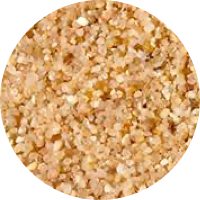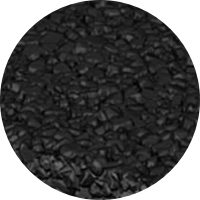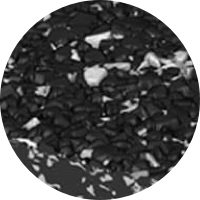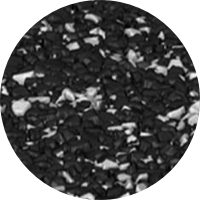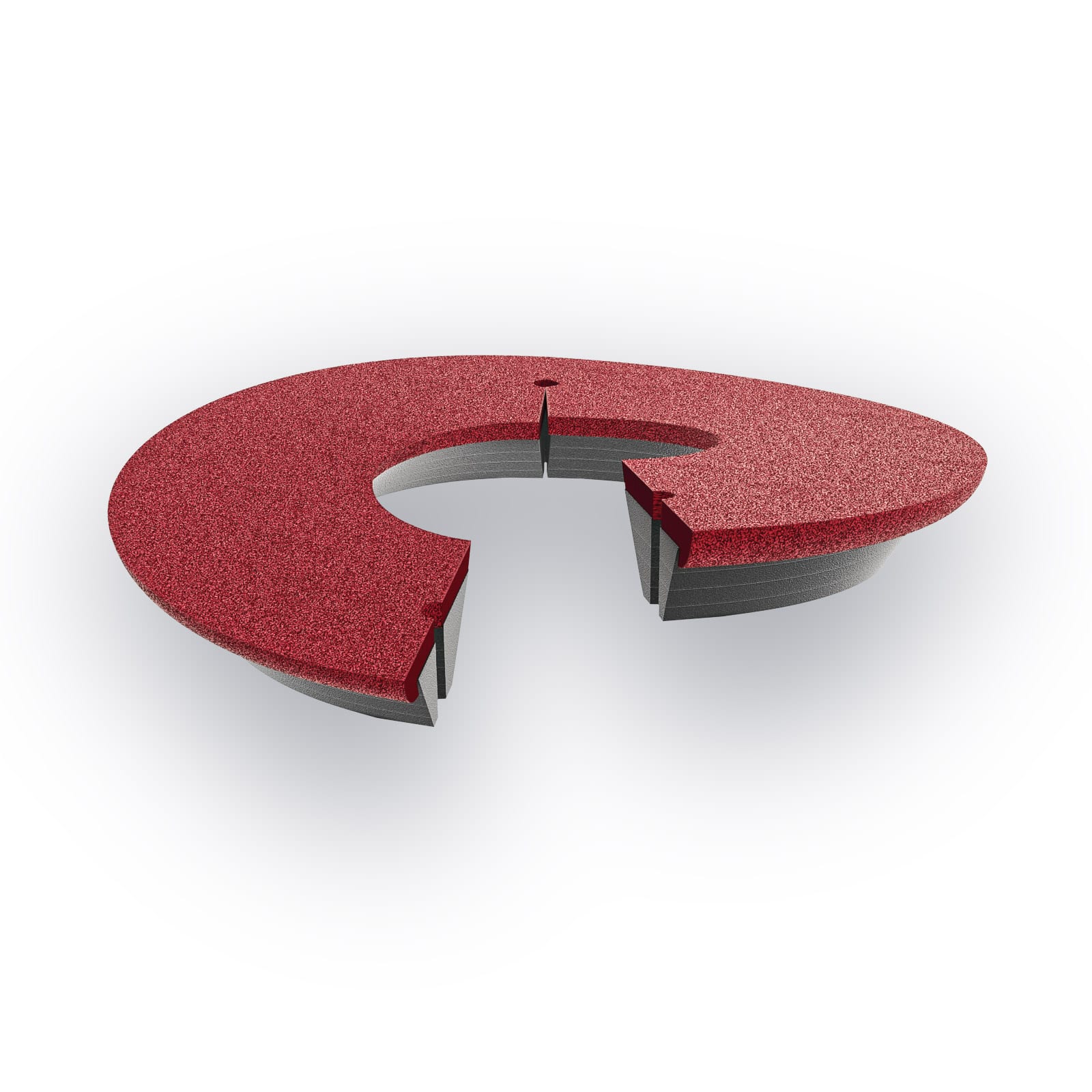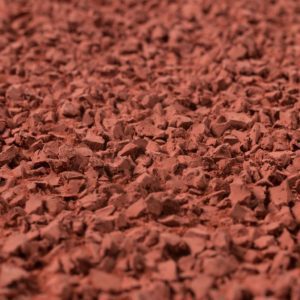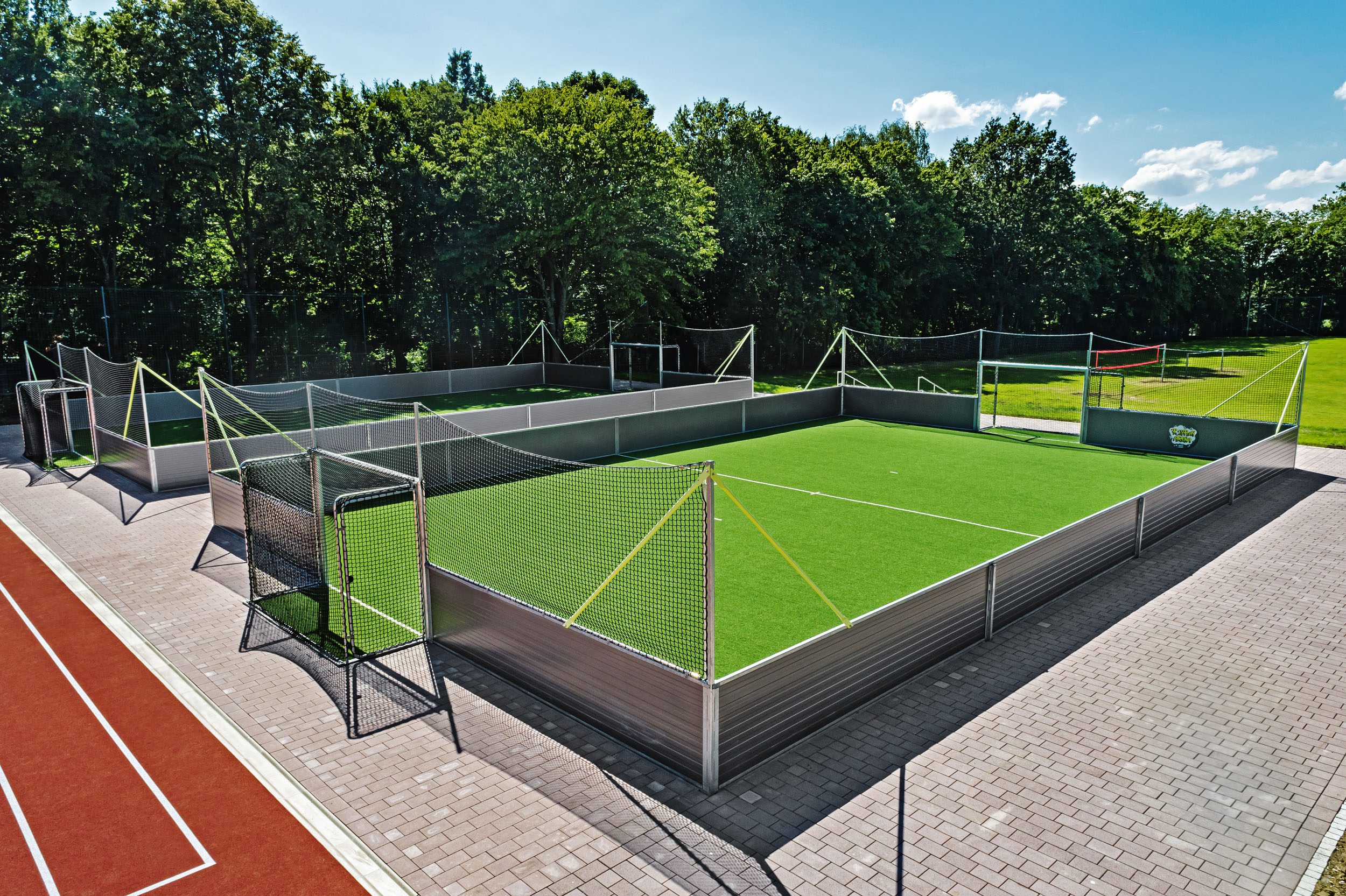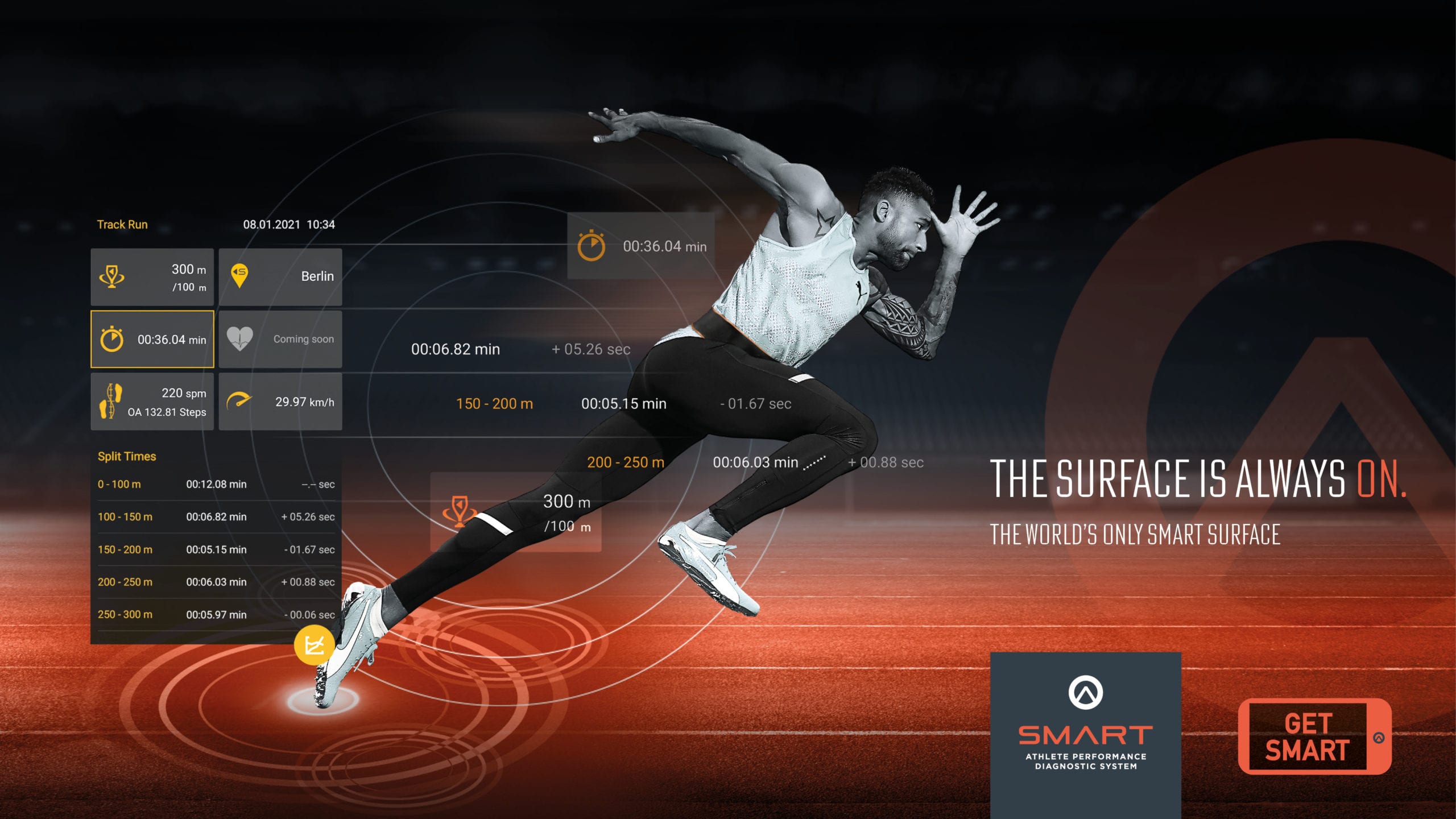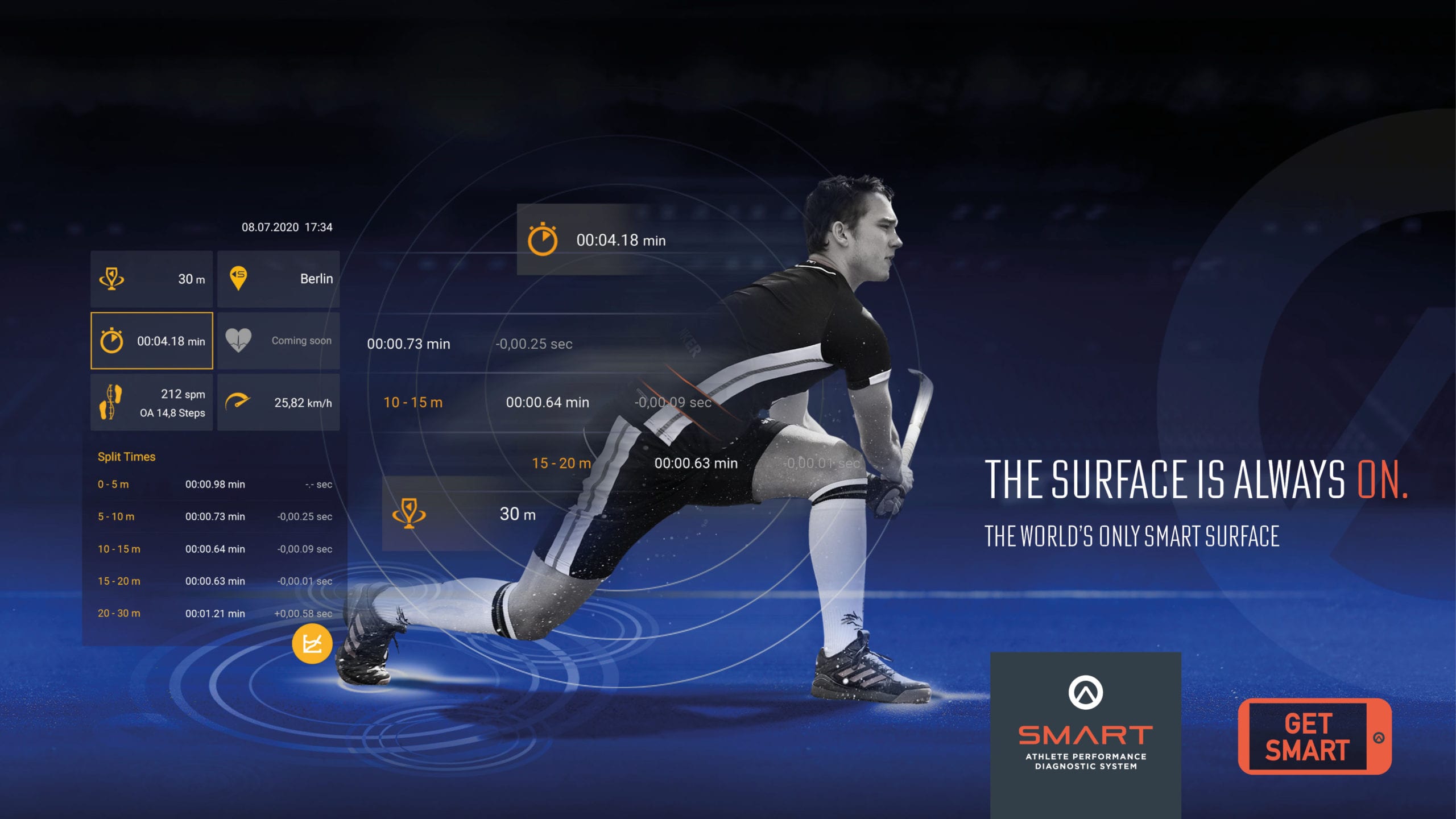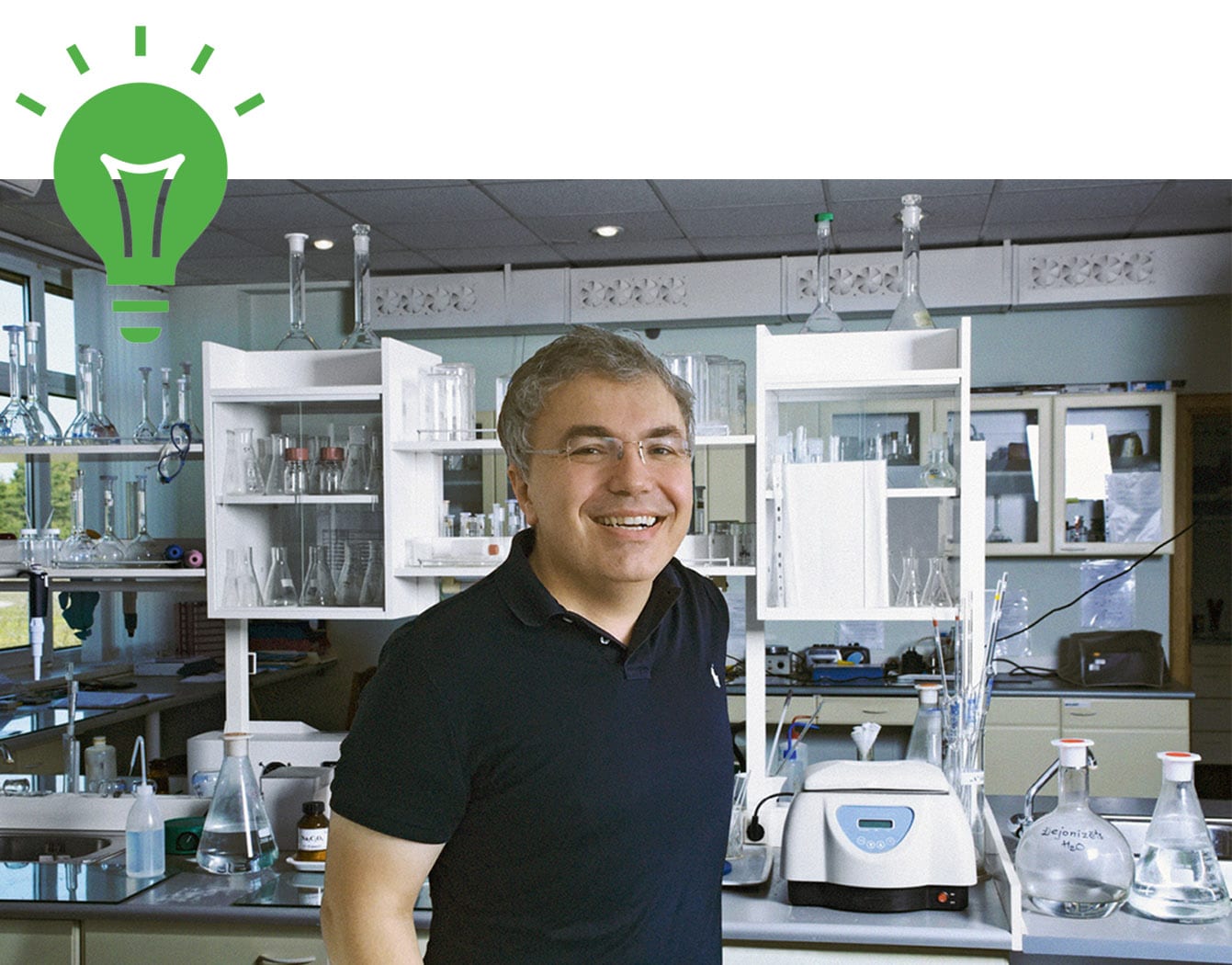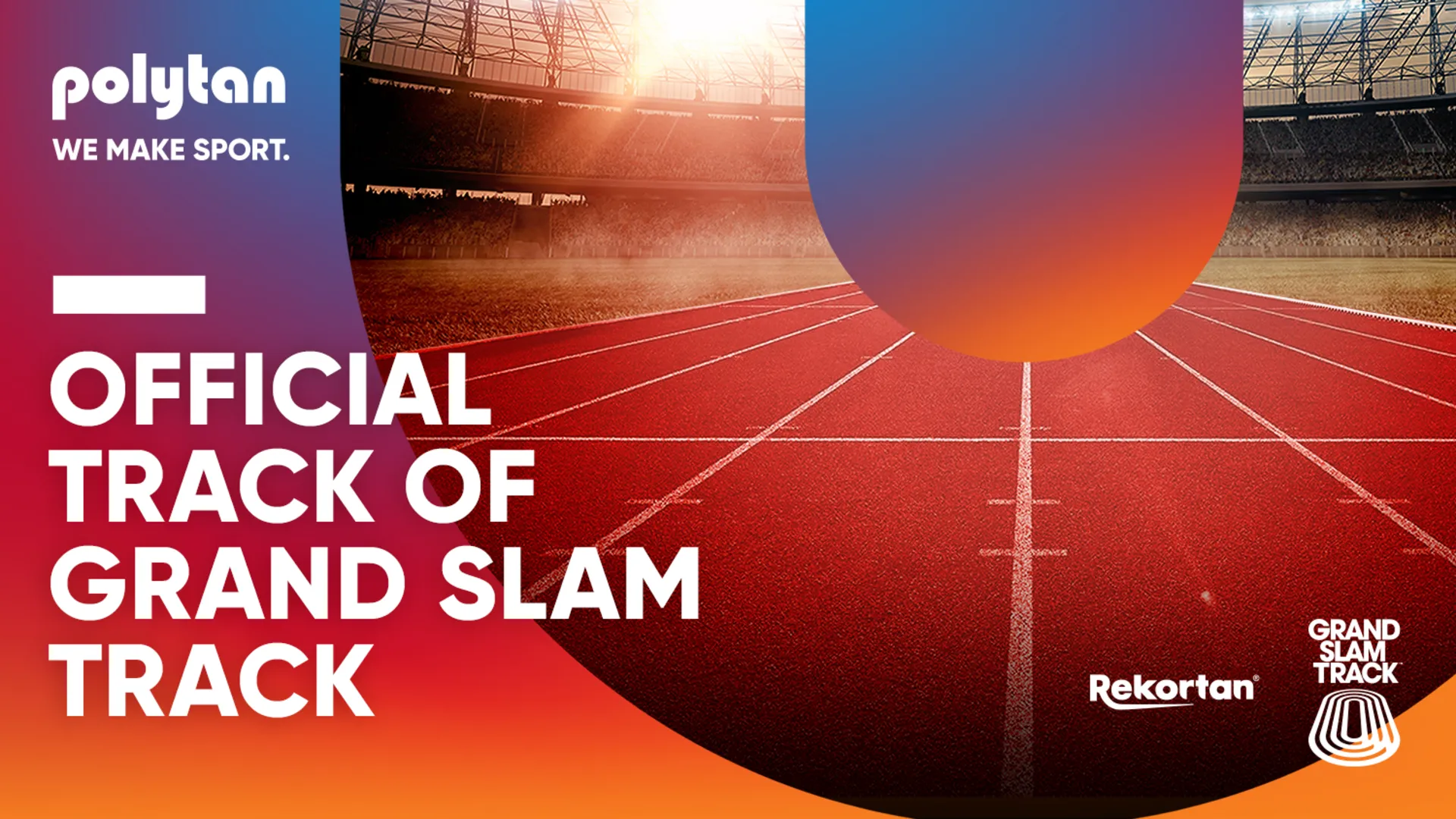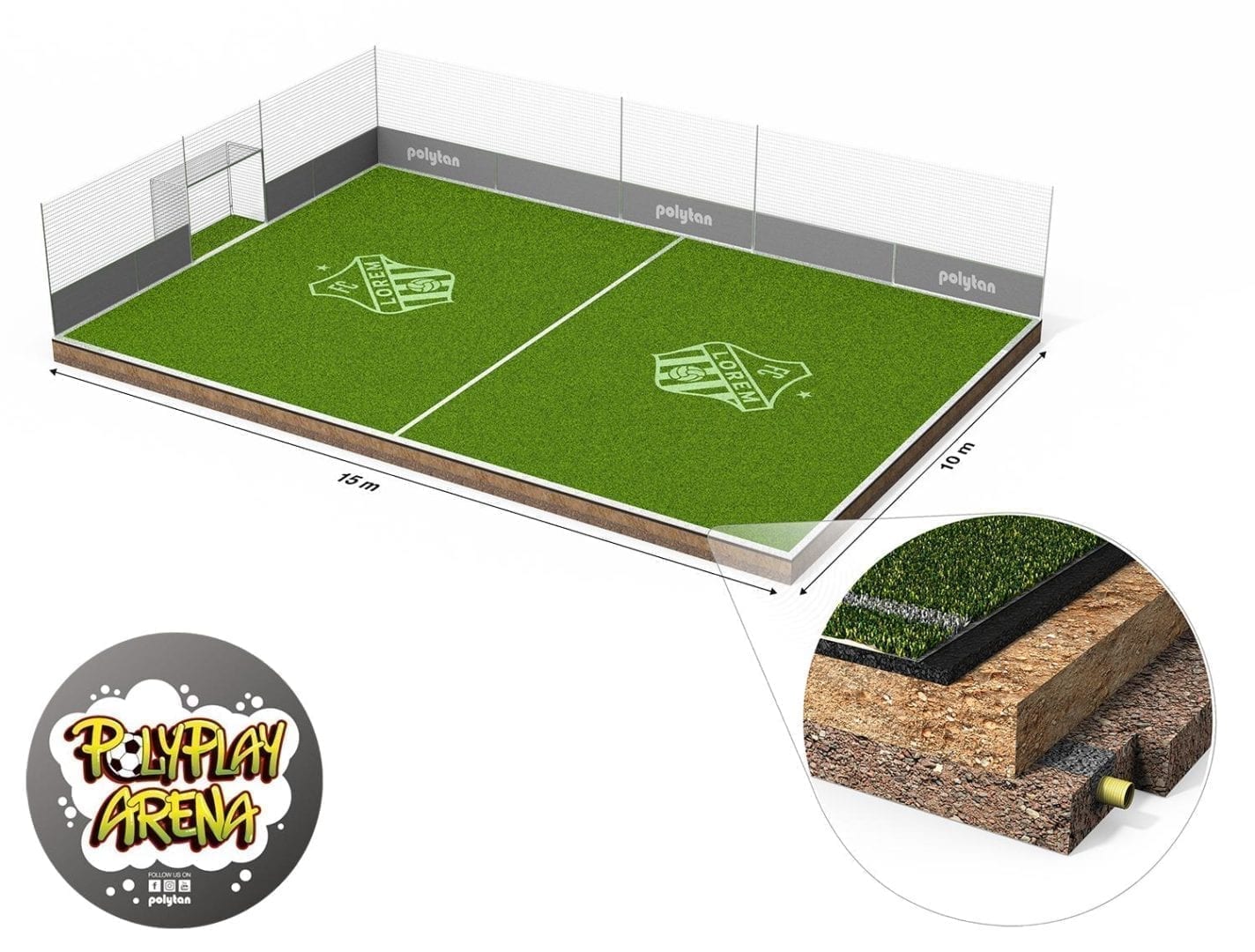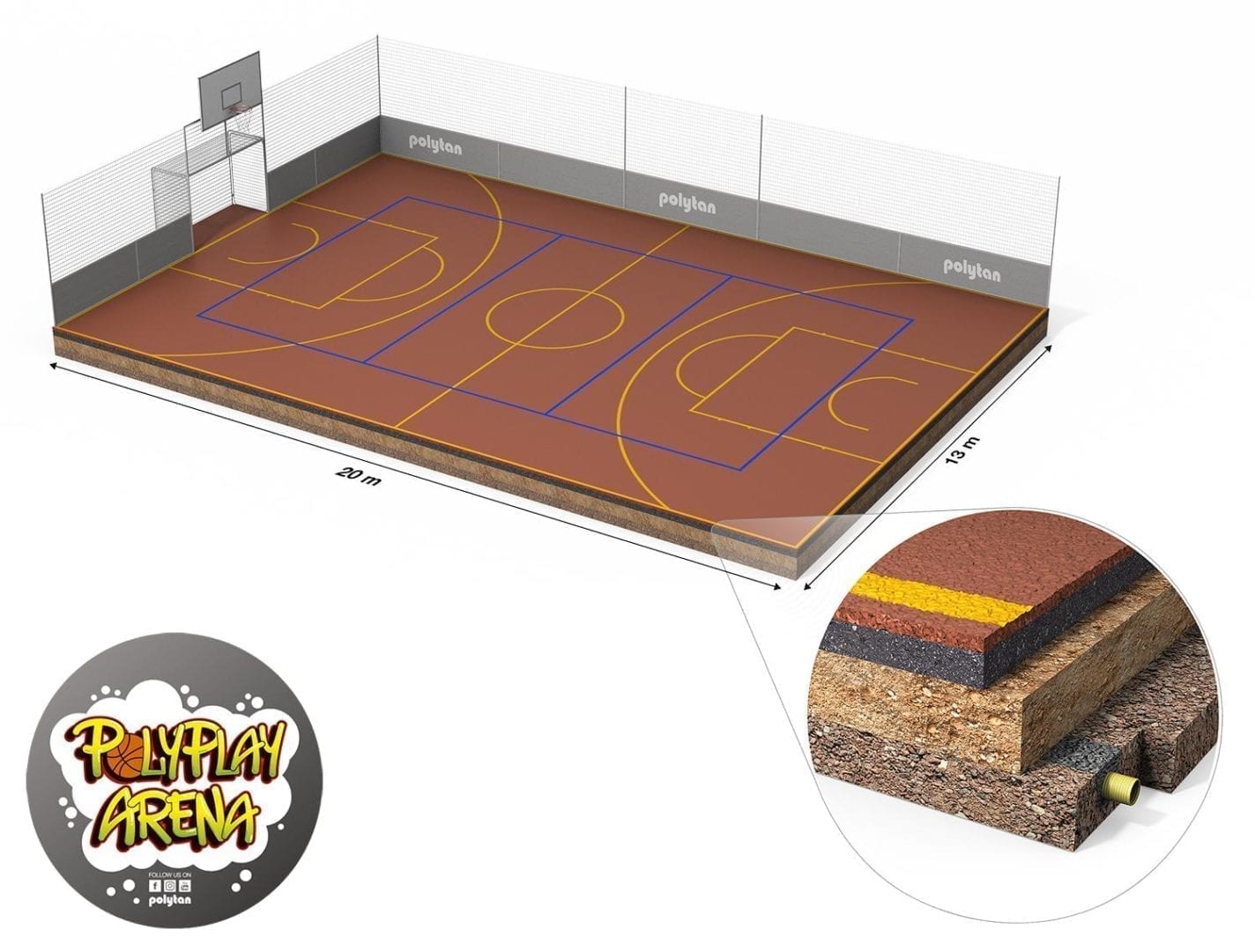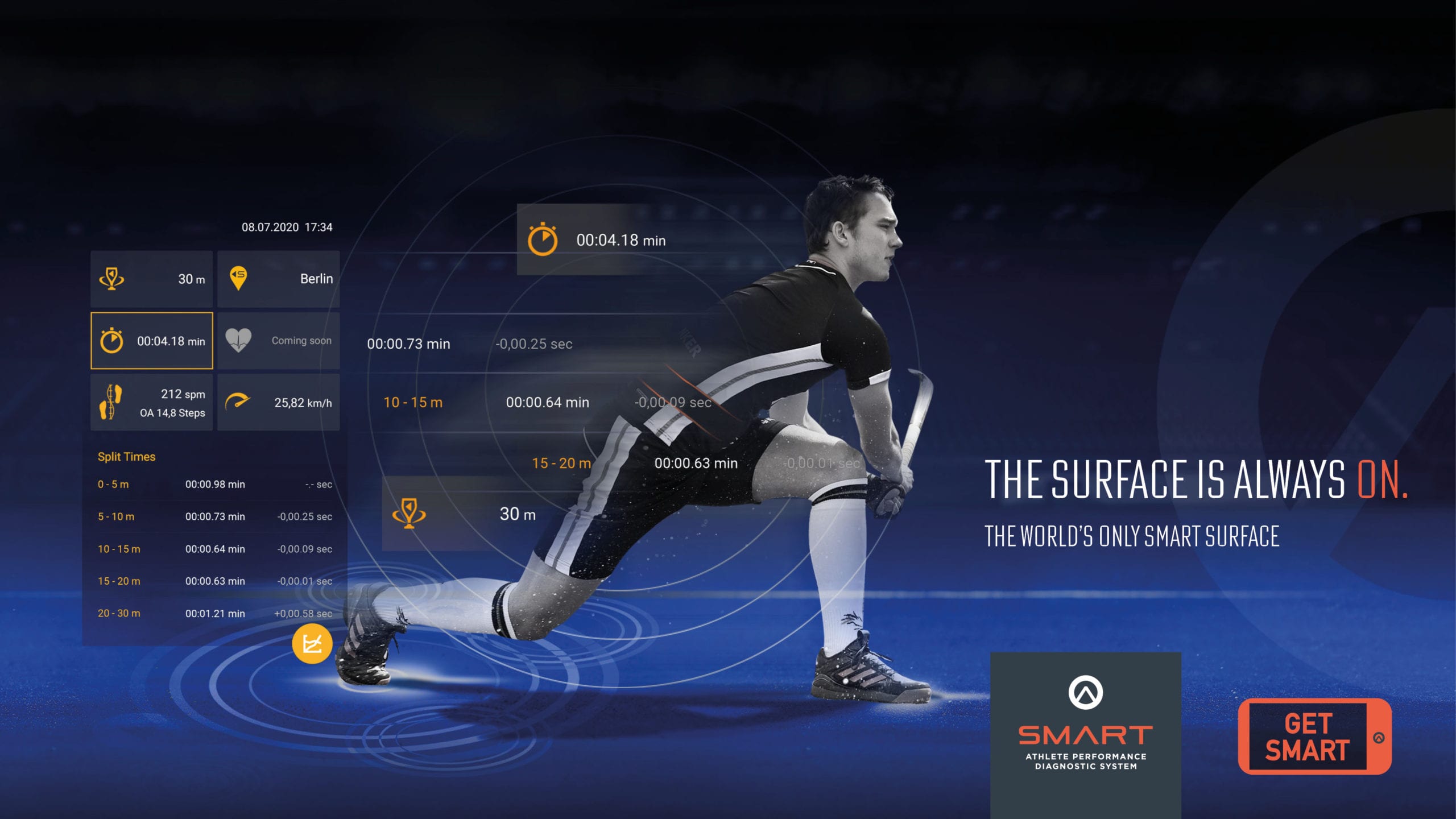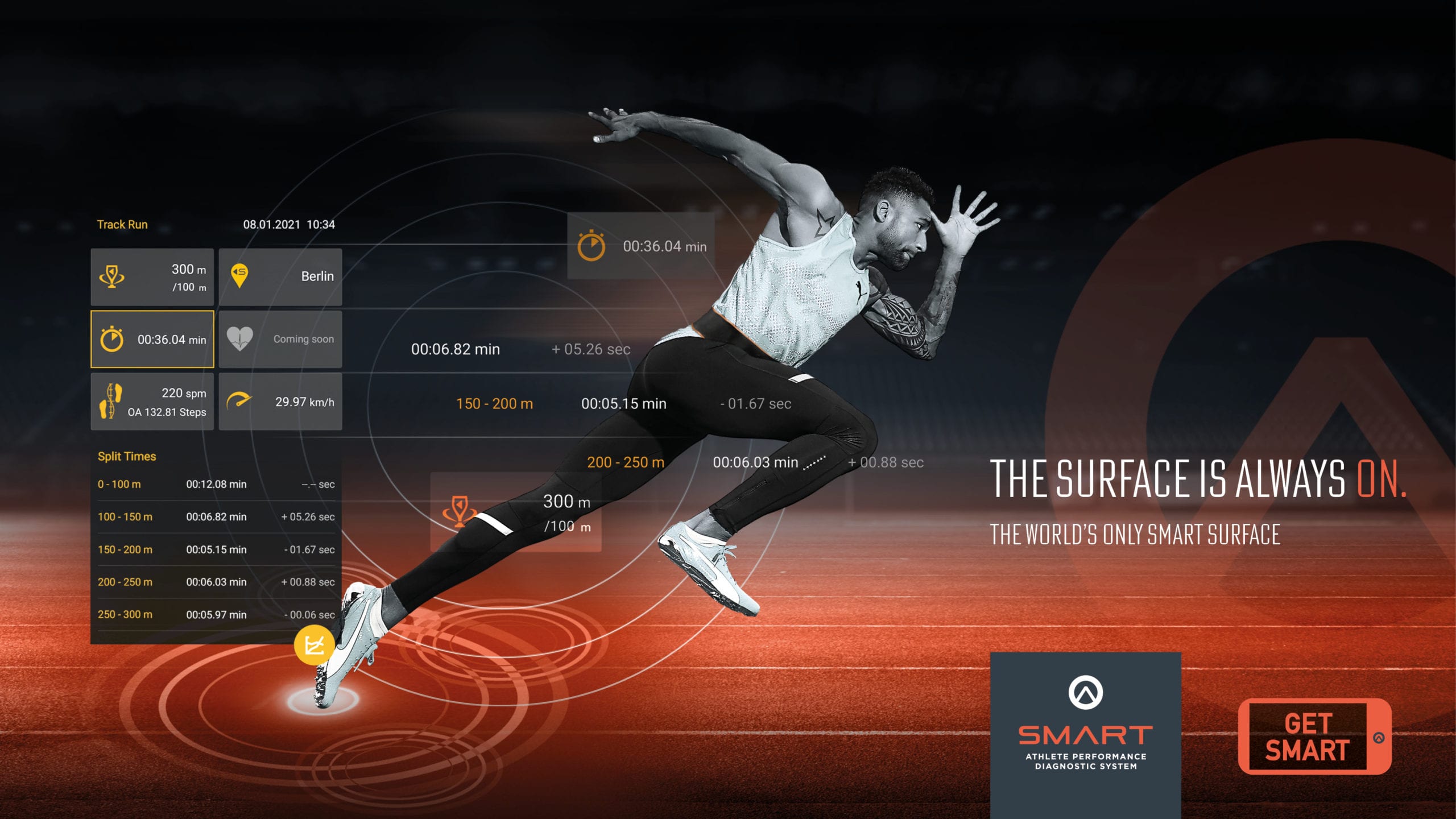What is the vision behind the Sport Group‘s Green Technology project?
What will it take to implement this vision?
This transformation requires material science-oriented and procedural development across the entire value added chain of synthetic turf manufacturing. We can achieve unrivalled quality control by utilising the industry‘s unique and fully integrated global supply chain. We can rely fully on the value added chain in order to follow a holistic approach. This therefore takes all aspects of sustainability into account such as, for example, the play-related performance of the surface covering, the long-term value for the customer and the ecological footprint. Of course, the new surfaces will also be certified according to the strictest guidelines. We are also looking for products in our natural raw materials which require fewer fertilisers, pesticides and water during production and growth. We invest in the supply chain in order to create added value for our customers and a sustainable future for sport.
How do you see the development of Tokyo GT and LigaTurf Cross GTzero?
Pioneering products such as this synthetic turf require a variety of internal and external experts as well as strong, dedicated business partners. Internally, we have brought in our in-house expertise, consisting of research teams and members of staff from our global research and development network. Externally, we have created a network of competent partners consisting of external testing laboratories, universities, polymer scientists and material scientists.
With Poligras Tokyo GT, you initially developed a hockey turf which was based on these benchmarks. Why hockey in this case?
There are basically three reasons for this. Firstly, hockey clubs possess many years of experience with synthetic turf. This is why the sector has focused on sustainability and durability for many years. The hockey community not only understands the challenges but also the benefits provided by synthetic turf and is constantly looking for even better products. Secondly, we decided on hockey turf because it is a complex structured product with perfectly matched performance requirements. For us, it was a sort of litmus
test: If we can manage to produce a top-quality hockey turf using green technology, then we will also succeed in this for all other sports. We were convinced of this. We have gained experience with Tokyo GT, which was then incorporated into LigaTurf Cross GTzero. Last but not least, we wanted to support Tokyo‘s ambitious goal of climate-neutral Olympic Games in the city. Unfortunately, the games had to be postponed because of the coronavirus, but the objective of the climate-neutral Olympics still remains.
Sugar cane is an important raw material for both synthetic turfs. How did you arrive at the sugar cane solution?
There are a number of alternatives to sugar cane such as, for example, starch or cellulose.
We decided on sugar cane-based PE technology because it enabled us to achieve the highest share of renewable raw materials while simultaneously fulfilling all technical performance requirements. The PE we use comprises 85 percent residual sugar cane and only 15 percent common petrochemical components. Our partners have provided us with a product which we could additionally develop into a PE formulation of organic-based raw materials which fulfil our requirements for a high-performance synthetic turf yarn.
What else is Green Technology all about?
Who worked on the development of the two synthetic turfs?
Over a period of three years, many heads of the Sport Group from Europe, the United States and Australia were involved in the development of technology and products. This included chemical engineers, material testing engineers, extrusion engineering experts, chemists and process engineers. In order to ensure that the turf is always well laid and playable at the end, we have also jointly worked with our civil engineers, sports mechanics experts and hockey, football and rugby players.

How did it feel when you realised that it functions?
It is very satisfying to be able to manufacture products which make a positive contribution to the community. And, of course, we were delighted with the positive feedback from the players, trainers and clubs. It is also professionally satisfying to apply theoretical knowledge and to establish that it works in practice.
What is the future of Green Technology?
In order to be able to achieve a “fully-green supply chain”, we need to additionally refine the green technologies and apply them to all other components in addition to yarn. Green Technology is a holistic approach which can be found in different forms in all product families. But it’s not just about products, it’s
also about production, for example. Green Technology starts in the laboratory and ends with recycling!
